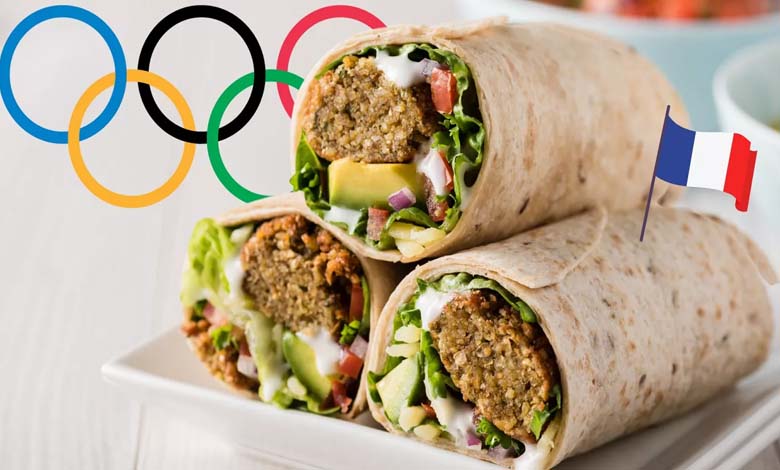From the Olympics Atmosphere.. What do professional athletes’ meals include?

With the Olympic Games capturing the attention of audiences worldwide with their extraordinary sports achievements, many wonder about the dietary habits that support such high-level performance.
To uncover what fuels these competitors, a report published by HuffPost reveals insights from nutrition experts for professional athletes, various breakfast methods that help athletes excel, and practical tips for ordinary individuals looking to improve their morning nutrition.
Breakfast for Professional Athletes
Breakfast options for professional athletes are as varied as their sports, notes Brittany Dunn, sports dietitian for the Philadelphia Eagles football team, who says there is no one-size-fits-all answer.
Dunn adds, “I have worked with athletes who prefer anything from two boiled eggs with toast and peanut butter and coffee to an acai bowl with sautéed vegetables or even breakfast sandwiches with hash browns.” She emphasizes that the key to these varied choices lies in balancing macronutrients and micronutrients specifically designed to meet individual needs.
Athletes often follow a consistent breakfast routine on game days to avoid digestive issues and ensure mental readiness. Dunn states, “Consistency is crucial. Many athletes stick to a pre-set meal plan on game days to prevent any surprises that might disrupt their performance.”
-
For night owls… Late sleep increases the risk of diabetes
-
Rice, Quinoa, or Pasta… Which carbohydrates are best for your health?
High-calorie intake is another feature of an athlete’s diet. Dunn highlights that while she hasn’t worked with anyone consuming Michael Phelps-level calories (estimated at around 12,000 calories daily), she has assisted athletes who need to consume large amounts of calories, including recovery shakes containing 1,000 calories post-training, along with additional meals throughout the day.
Diet for Athletes and Ordinary Individuals
The nutritional needs of professional athletes exceed those of ordinary individuals. Athletes often consume five to eight meals a day, including full meals, shakes, and snacks, to meet their high energy demands.
Dr. Mark Bubbs, a nutrition expert specializing in sports performance, stresses the need for increased carbohydrate intake. Bubbs notes, “To fuel intense training, athletes need to consume a significant amount of carbohydrates, sometimes including simple sugars for easy digestion.”
Conversely, an ordinary person usually requires fewer calories. The recommended daily intake for adults is around 2,000 calories, while athletes may need between 3,500 and 8,000 calories depending on their sport and activity level.
Bubbs explains, “For instance, a cyclist or swimmer may need up to 8,000 calories, while team sport athletes generally require between 3,500 and 5,000 calories.” Women, due to generally smaller body size, often need fewer calories.












